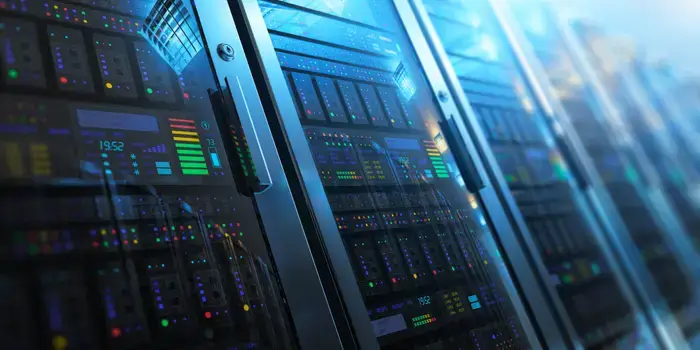
A proxy server is a software program that enables users to access web pages and other internet services from different locations. They can also bypass restrictions imposed by companies or governments.
Businesses and workplaces often use these programs. They can help control Internet usage by employees or kids and monitor what websites people visit.
1. Yes
Yes, you can have more than one proxy server in a DSCC environment. The main reason for this is that a single proxy server may not have enough capacity to serve all the clients that want to use it. For example, you will need multiple proxies to handle the traffic load if you have a large studio. The most logical solution is to place them as close to the traffic source as possible and most efficiently.
This means you must consider re-purposing existing hardware or using something more advanced, like a dedicated server. You also need to plan ahead for bandwidth requirements and consider how much traffic you anticipate at any given time. There is a fine line between overloading and becoming a bottleneck, and a good proxy will help you avoid costly network congestion.
2. No
In computer networking, a proxy server is a server application that acts as an intermediary between a client request and the server providing that resource. A proxy can cache a copy of a web page, for example, and deliver it to a user when they visit that site again in the future. This saves bandwidth and improves network performance for users.
To set up a proxy in Windows, open the “Internet Properties” window and select the “Proxy” option. You will see a list of proxy servers and can select one to use. You can also enter a comma between addresses to prevent certain connections from using your proxy. For example, this is useful if you have multiple users on your network. You can also create a ban list to keep users from visiting websites you don’t want them to.
3. Yes
A proxy server is a computer on the internet with its own IP address that you can use to access the web. It’s a bit like the post office delivering mail to your house: it makes a request, collects the data from a web server, and delivers it to you so you can see it in your browser.
It’s also a load-balancing device that distributes web requests to several servers. This is particularly useful for global server load balancing (GSLB) where different servers worldwide can serve the same page to reduce travel times between web clients.
To get this done, you need to add two TCP transport chains and two UDP transport chains using the VIP alias addresses of the proxy servers.
4. No
A web proxy server is a computer that sits between your device and the Internet. It helps you hide your real IP address from others on the Internet, which can be helpful if you don’t want others to know that you’re using a specific service or website.
Whether you’re a business or an individual, you can benefit from using a proxy server to increase your data security and improve your network performance. In a corporate environment, proxy servers can be used to block certain web addresses from accessing your network, or they can cache copies of websites for quick access in the future.
In Windows, you can check if your computer is using a proxy server by opening the Local Area Network (LAN) Settings window. If you see a box next to Use a proxy server for your LAN, it means that your PC uses a proxy server.
5. Yes
A proxy server is a handy tool for people that need to unblock content, but it can be a pain to set up and manage. Whether you’re running an internal network or you want to stop streaming Crunchyroll at work, setting up 2 proxies can help keep your data from overloading your network and your internet connection. In addition to allowing you to unblock web addresses, a proxy can also save copies of frequently accessed websites and send them out to multiple users so they’re not consuming your bandwidth each time they visit.
Samuel Njoroge
Related posts
Stay connected
Today's pick
- Where to Start When Your Home No Longer Feels Accessible: A Practical Guide for Elderly AdultsFor many older adults, the home that once felt perfectly comfortable can slowly become a source of stress. Stairs seem steeper, doorways narrower, and bathrooms riskier to navigate. When daily living becomes unsafe or inconvenient, knowing where to start with accessibility updates can be overwhelming.... The post Where to Start When Your Home No Longer […]
